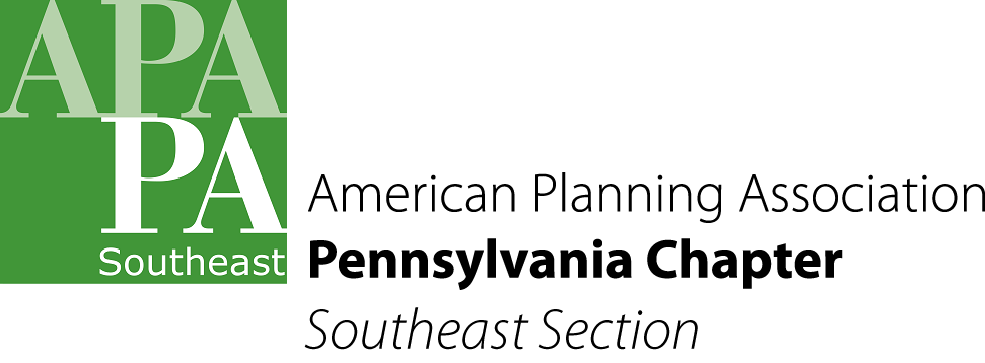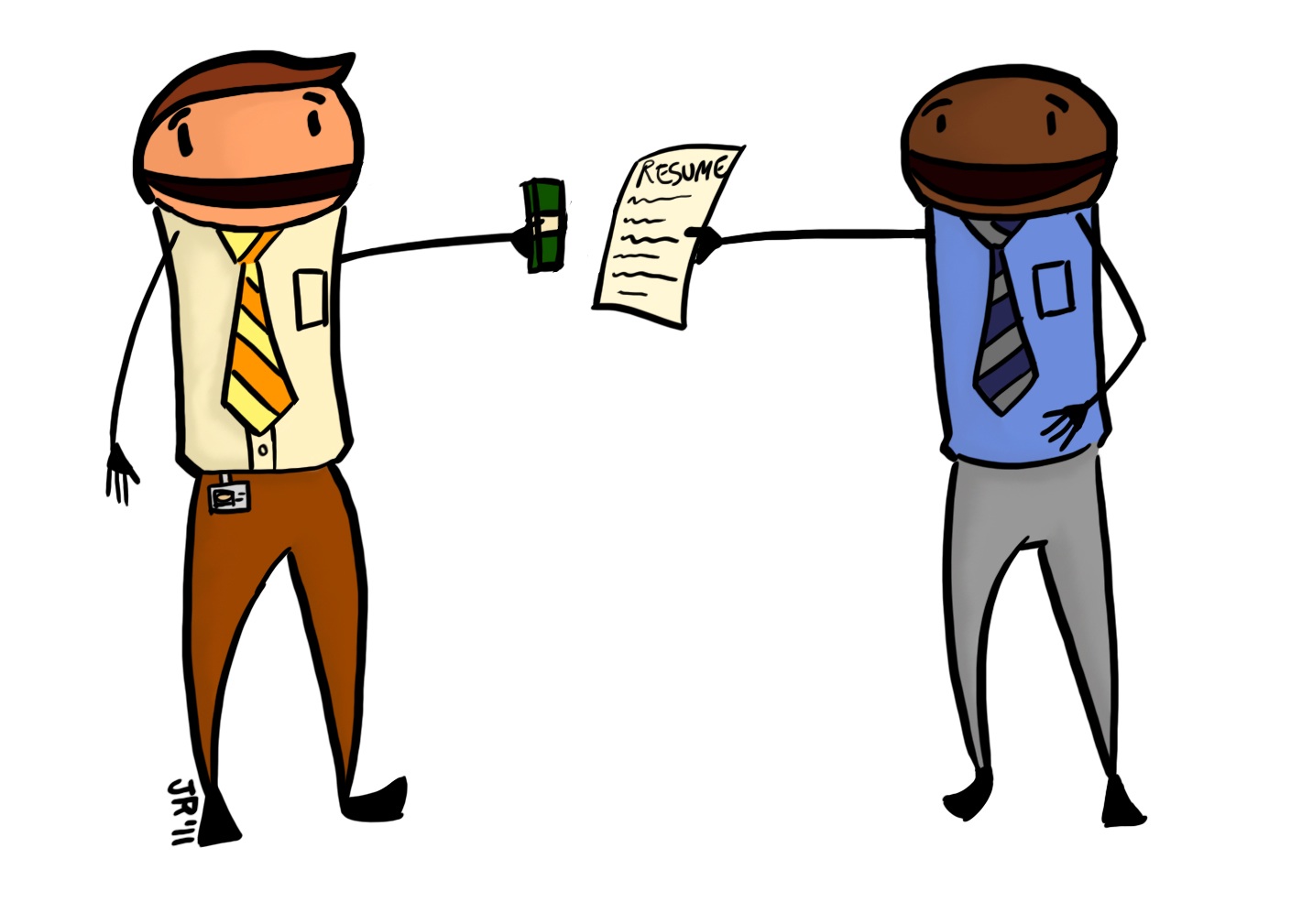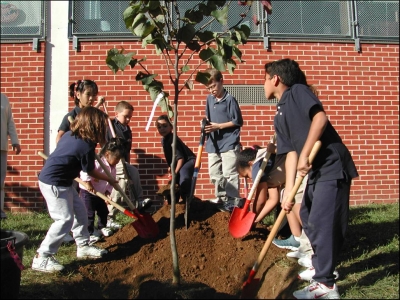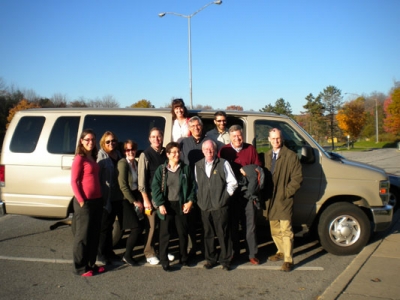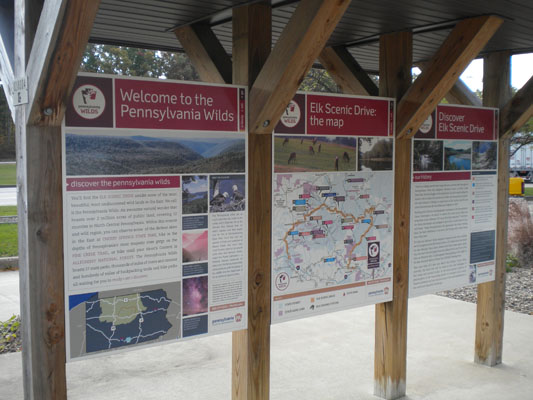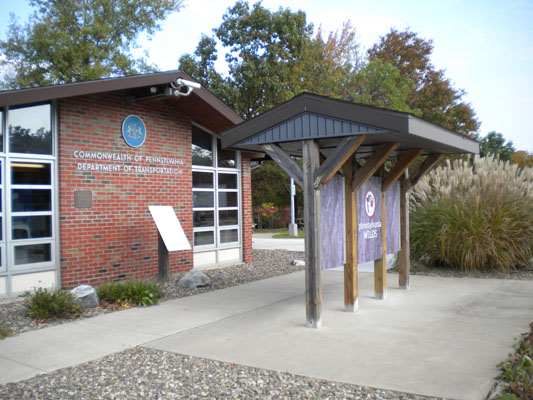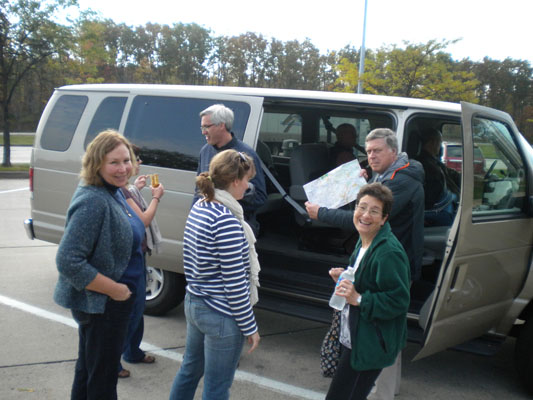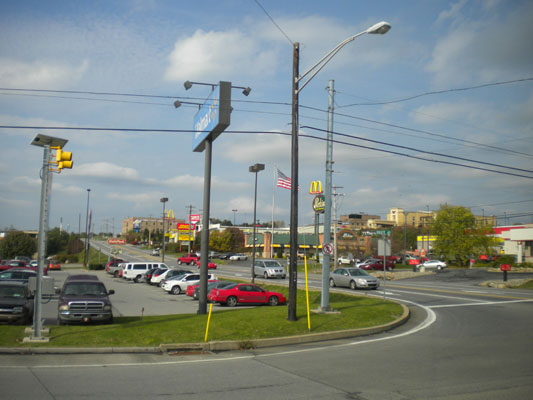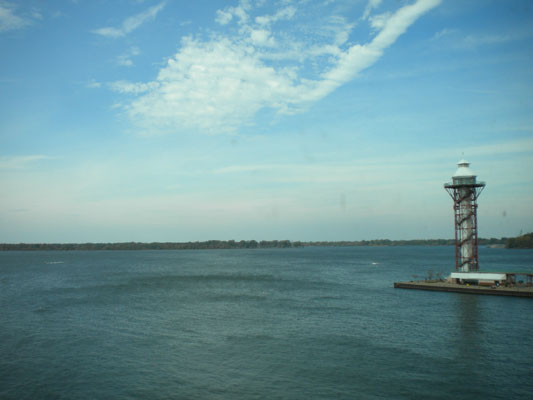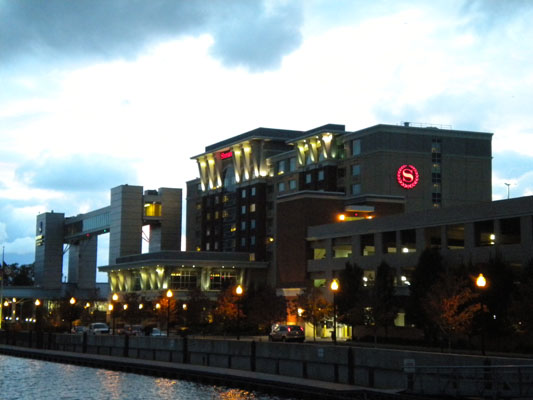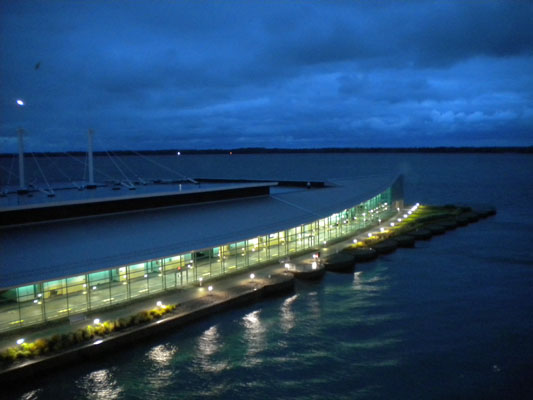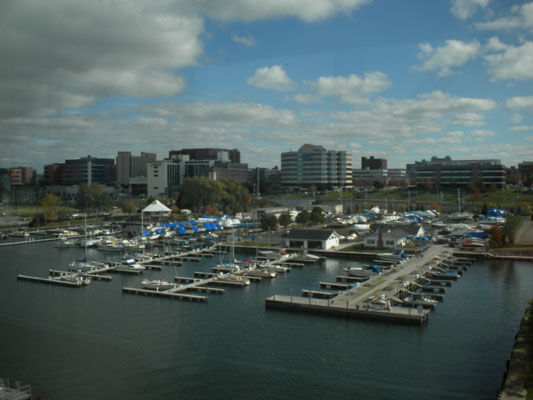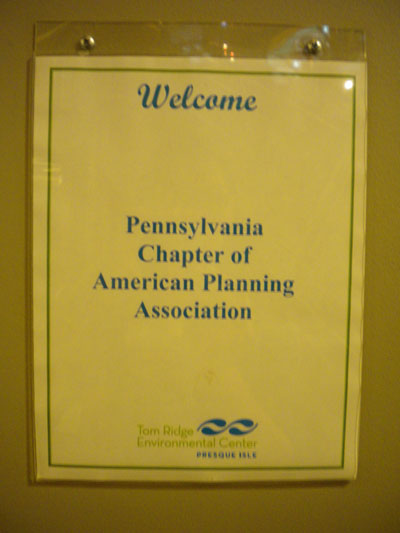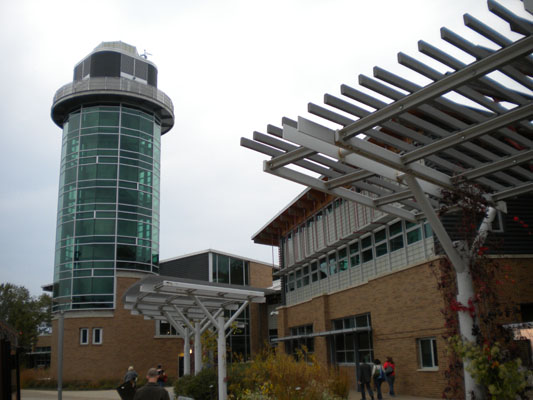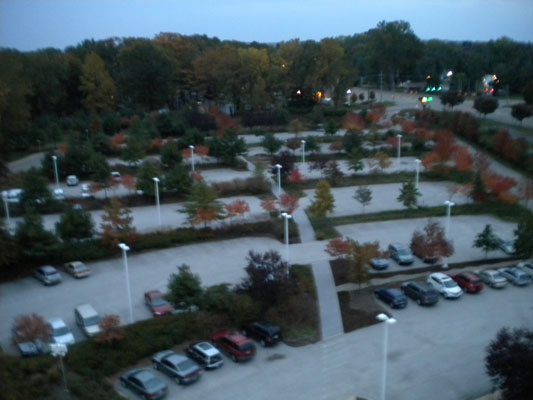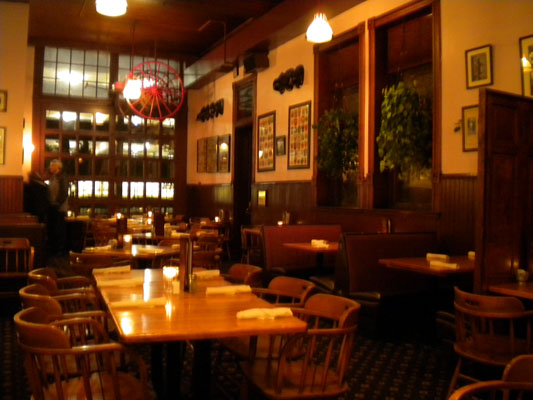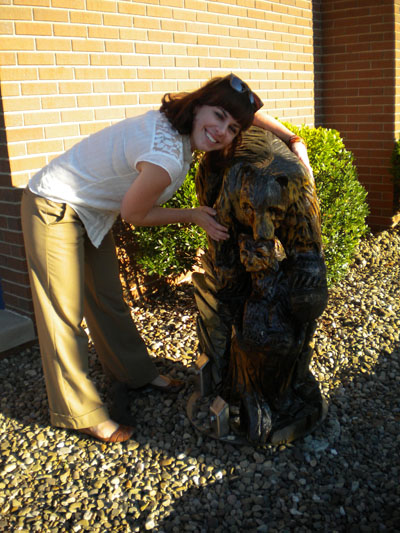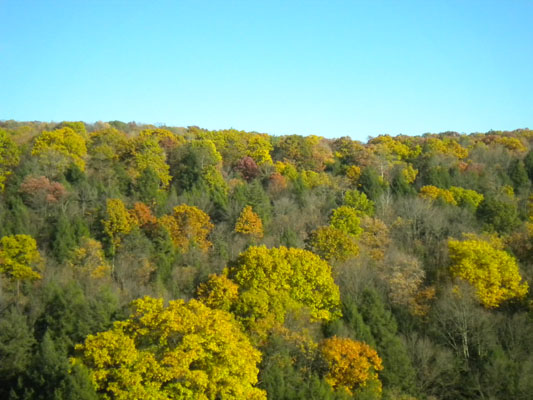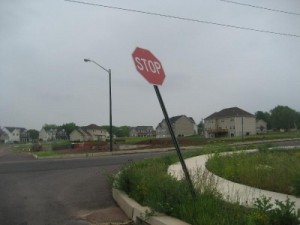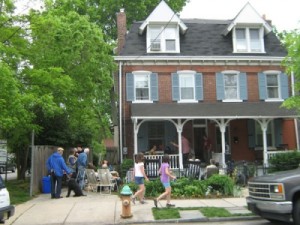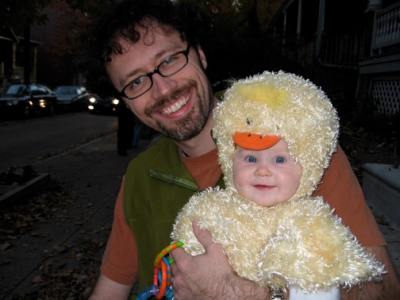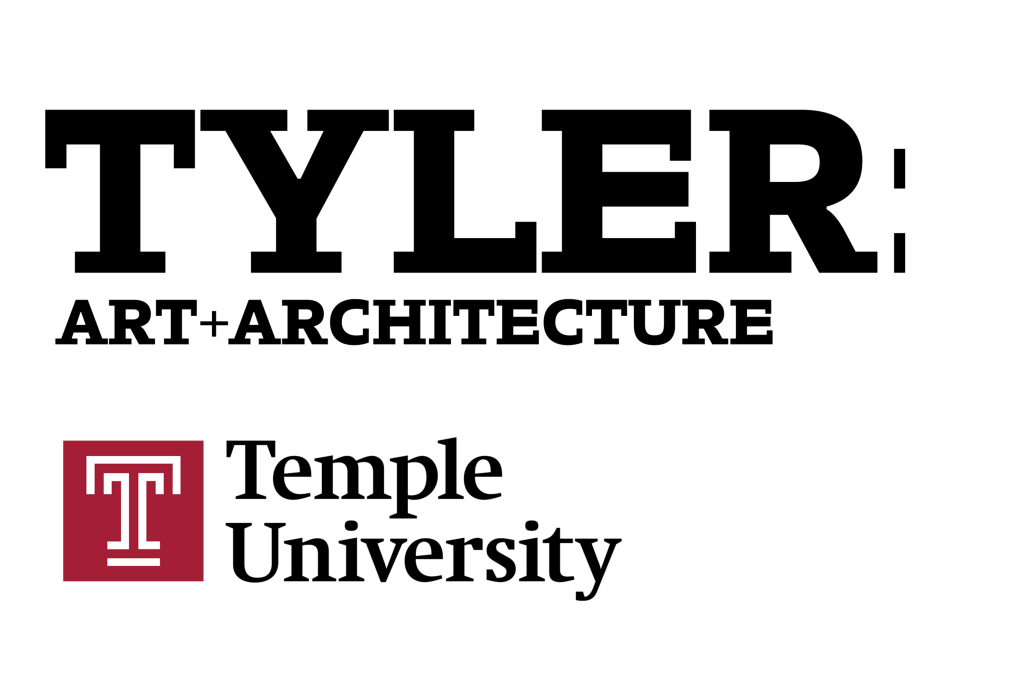Mega jobs posting this week! Check out multiple jobs from top-shelf orgs like the William Penn Foundation and Next American City.
1) Research Analyst – U3 Ventures – Philadelphia
2) Creative Director – Next American City – Philadelphia
3) International Editor – Next American City – Philadelphia
4) Audience Engagement Editor – Next American City – Philadelphia
5) Community Development Program Assistant – Ironbound Community Corporation (ICC) – Newark, NJ
6) Manager of Public Spaces & Streetscapes – Center City District – Philadelphia
7) Statistical Analyst – PA Health Care Cost Containment Council – Harrisburg, PA
8) Position Coordinator – Businesses United for Conservation (Sustainable Business Network) – Philadelphia
9) Director, Protecting Watersheds – William Penn Foundation – Philadelphia
10) Director, Research and Analytics – William Penn Foundation – Philadelphia
11) Director, Closing the Achievement Gap – William Penn Foundation – Philadelphia
12) Director, Creative Communities – William Penn Foundation – Philadelphia
13) Transportation Planner/Engineer – Delaware Valley Regional Planning Commission – Philadelphia
14) Executive Director – Preservation Alliance for Greater Philadelphia – Philadelphia, PA
15) Community Organizer/EPIC Coordinator – United Communities SE Philadelphia – Philadelphia
16) Camden Internship – New Jersey Conservation Foundation – Camden, NJ
Full descriptions after the jump!
